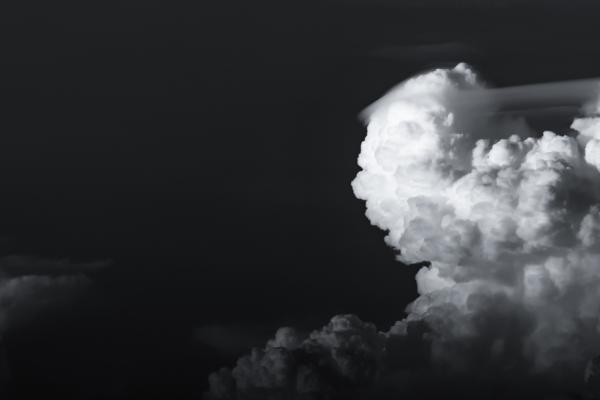May 28, 2020
Lament, much like our understanding of salvation, ties my suffering with those around me. Christian traditions too distant from experiences of collective marginalization will have trouble penning laments about deliverance from shared sorrow. We need practices of solidarity that reveal those who are unseen in our world starting with the cries in our worship, followed by the witness in our deeds. Yet laments that do not incorporate the collective experience fail to produce practices that could help us survive in spaces of vulnerability and communal loss.
Read the Full Article

Already a subscriber? Login
